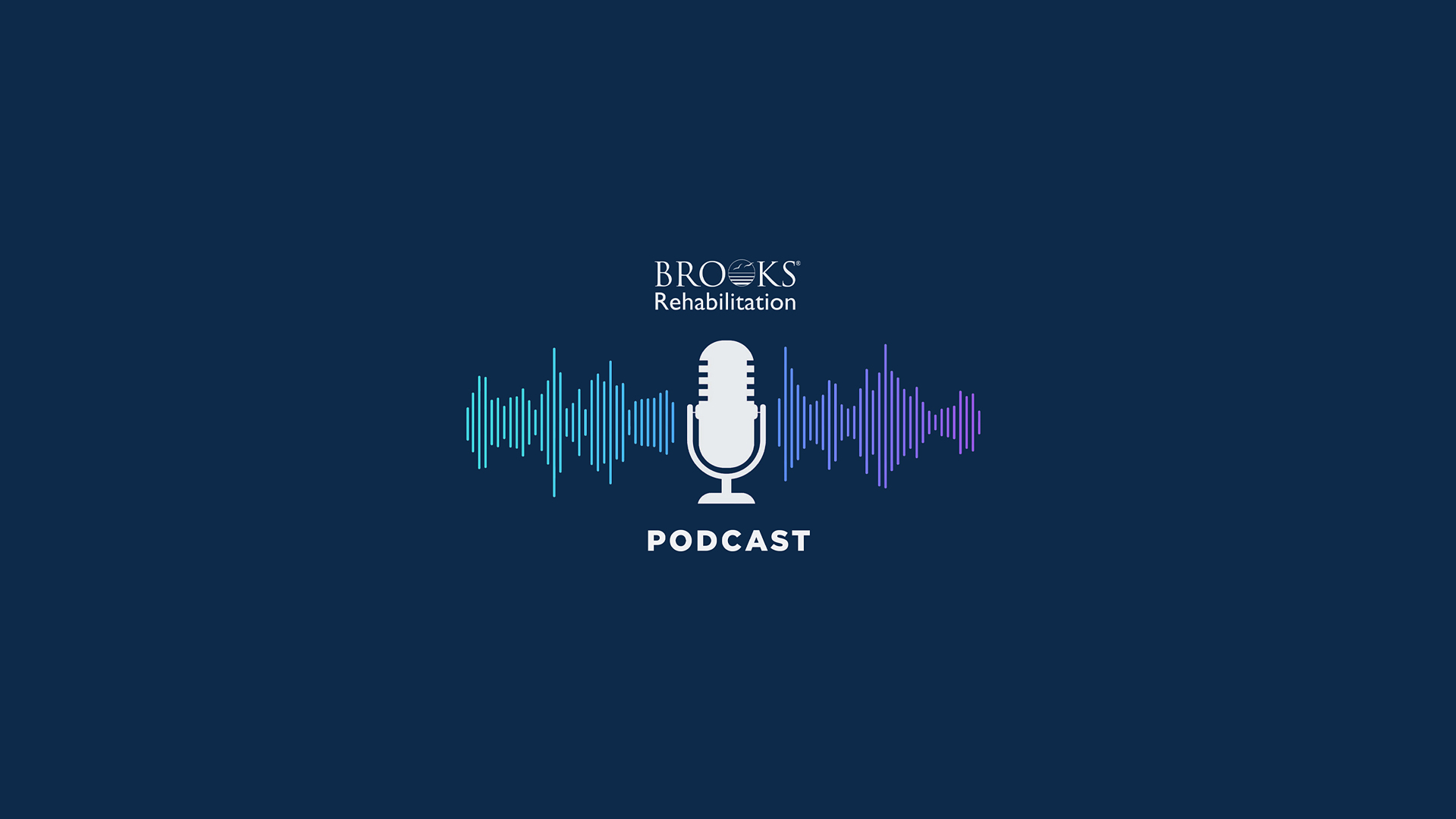Filter conditions by category
Latest News and Health Resources from Brooks
Education and guidance to support your recovery
Podcast | Episode 26: Center for Innovation (Live at AAP in Phoenix)
Welcome to the Brooks Rehabilitation podcast where we talk with our rehabilitation professionals and shed light on the stellar programs and services we offer to help our patients...





